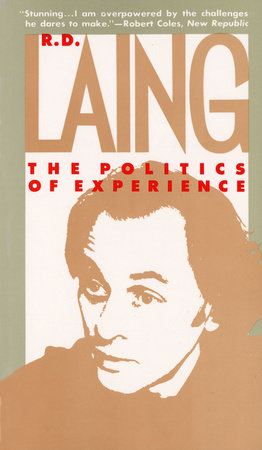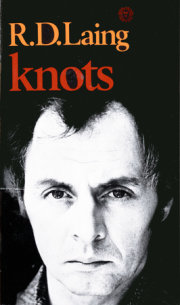Introduction Few books today, are forgivable. Black on the canvas, silence on the screen, an empty white sheet of paper, are perhaps feasible. There is little conjunction of truth and social “reality,” Around us are pseudo-events, to which we adjust with a false consciousness adapted to see these events as true and real, and even as beautiful. In the society of men the truth resides not less in what things are than in what they are not. Our social realities are so ugly if seen in the light of exiled truth, and beauty is almost no longer possible if it is not a lie.
We live in a moment of history where change is so speeded up that we begin to see the present in terms of the past. The white European and North American, in particular, commonly has a sense not of renewal, but of being at an end: of being only half alive in the fibrillating heartland of a senescent civilization. Sometimes it seems that it is not possible to do more than reflect the decay around and within us, than sing sad and bitter songs of disillusion and defeat.
Yet that mood is already dated, at least insofar as it is not a perennial possibility of the human spirit. It entails a sense of time, which is already being dissolved in the instantaneous, stochastic, abrupt, discontinuous electronic cosmos, the dynamic mosaic of the electromagnetic field.
Nevertheless, the requirement of the present, the failure of the past, is the same: to provide a thoroughly self-conscious and self-critical human account of man.
No one can begin to think, feel or act now except from the starting point of his or her own alienation. We shall examine some of its forms in the following pages.
We are all murderers and prostitutes—no matter to what culture, society, class, nation, we belong, no matter how normal, moral, or mature we take ourselves to be.
Humanity is estranged from its authentic possibilities. This basic vision prevents us from taking any unequivocal view of the sanity of common sense, or of the madness of the so-called madman. However, what is required is more than a passionate outcry of outraged humanity.
Our alienation goes to the roots. The realization of this is the essential springboard for any serious reflection on any aspect of present interhuman life. Viewed from different perspectives, construed in different ways and expressed in different idioms, this realization unites men as diverse as Marx, Kierkegaard, Nietzsche, Freud, Heidegger, Tillich and Sartre.
More recent voices in the United States continue to document different facets of our fragmentation and alienation, whether it is the exposure of sham, the spatialization and quantification of experience of the massive economic irrationality to the whole system.
All such description is forced to describe what is, in the light of different modulations of what is not. What has been, what might have been, what should be or might be. Can we describe the present in terms of its becoming what it is not yet—a term of Ernest Block’s, so frightening, so ominous, so cataclysmic, that it is sometimes easier to see the present already darkened by the shadow of a thermonuclear apocalypse, than either to envisage further declensions from that from which our nostalgia absents us, or to see a redemptive dialectic immanent in the vortex of accelerating change.
At all events, we are bemused and crazed creatures, strangers to our true selves, to one another, and to the spiritual and material world—mad, even, from an ideal standpoint we can glimpse but not adopt.
We are born into a world where alienation awaits us. We are potentially men, but are in an alienated state, and this state is not simply a natural system. Alienation as our present destiny is achieved only by outrageous perpetrated by human beings on human beings.
This book attempts to document some forms of our contemporary violation of ourselves.
Copyright © 1983 by R. D. Laing. All rights reserved. No part of this excerpt may be reproduced or reprinted without permission in writing from the publisher.










